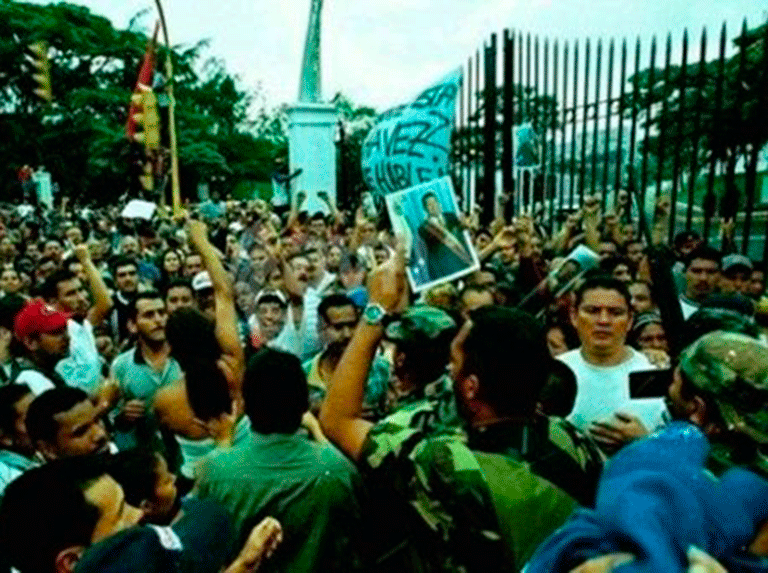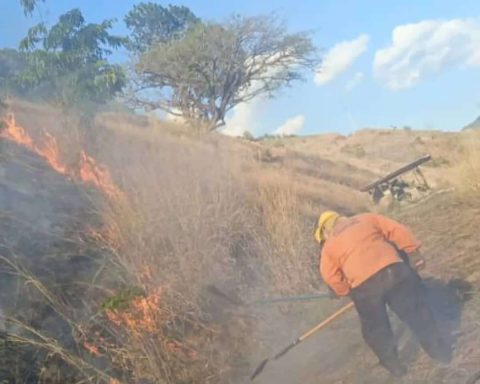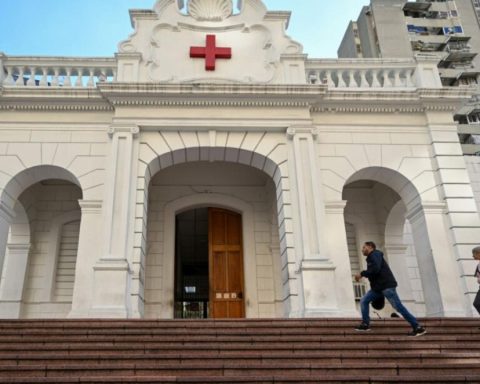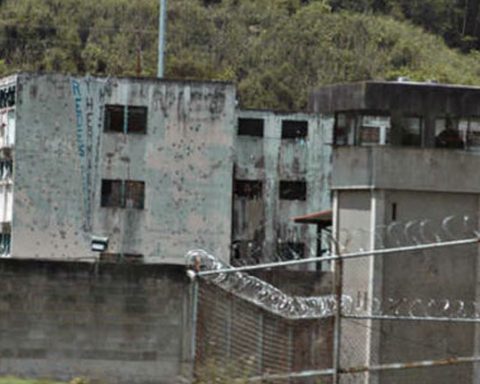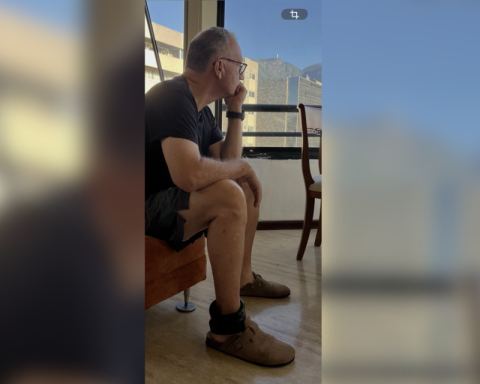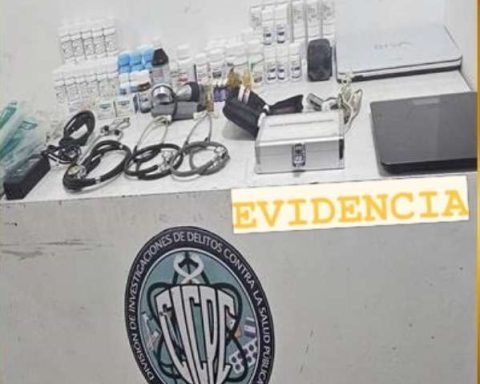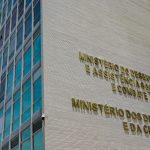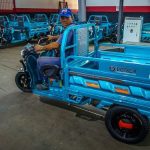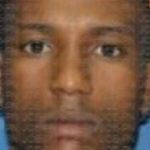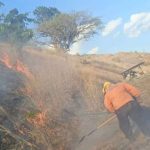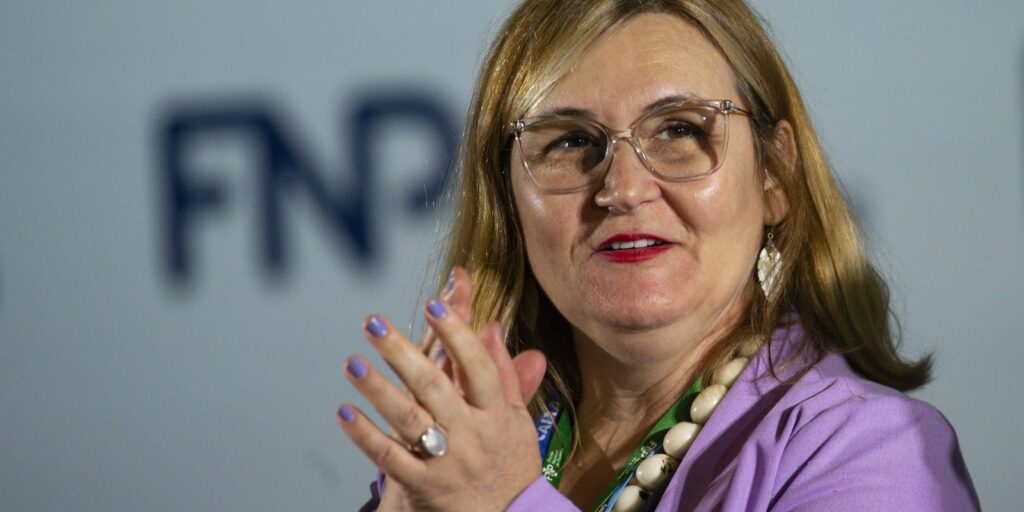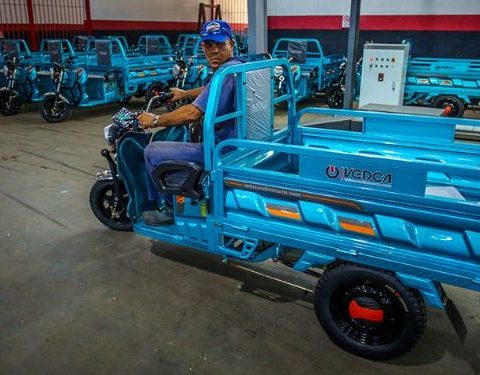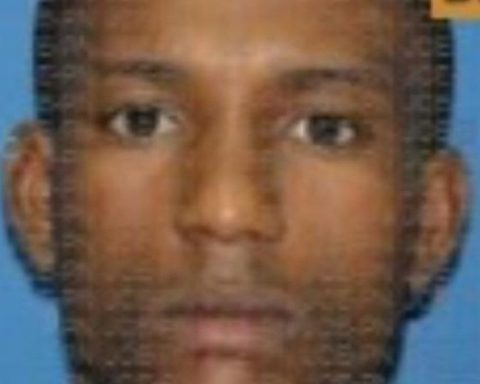Today marks the 21st anniversary of the failed attempt to defeat the Bolivarian Revolution, when with a coup against the government of President Hugo Chávez, the opposition sectors caused the death of 19 Venezuelans, in an atrocious adventure in which they were also involved. business unions, unions, a group of generals and the media, to break the constitutional thread of the country for hours, and cause commotion at the national and international level.
Background
These events did not happen by chance, since the attempt had been brewing since 2001, especially from the sectors linked to the Federation of Chambers and Associations of Commerce and Production of Venezuela, better known by its acronym as Fedecámaras, which called for a general strike, which was supported by the Confederation of Workers of Venezuela, took place on December 10, 2001.
In this sense, the former Cuban ambassador to Venezuela, Germán Sánchez Otero, in his book Abril Sin Censura, assured that the date of the aforementioned strike “was selected because that day Chávez would promulgate the Land Law, in the symbolic Santa Inés de Barinas, the place where Ezequiel Zamora fought his victorious battle in the mid-19th century and made the oligarchs of that time tremble.
Subsequently, on February 7, 2002, another no less important fact was added to the outcome of this story, and that is that a well-known media outlet organized a forum from which some soldiers gradually began to become insubordinate, thus failing in their obligations and loyalty to the national government and the head of state. The conspiracy was already underway.
The causes of the coup
The opposition and the media used as arguments to carry out the rupture of the constitutional thread that the Chávez government was “Cubanizing” the country due to its relationship with the Government of Havana, due to the repeal of the Land Law and the another 48 enabling laws, and for the alleged detriment of meritocracy in the state-owned PDVSA.
The government coup
On April 11, 2002, the opposition leaders and part of the largest group of Petroleos de Venezuela called for a march in the sectors close to Parque del Este (today Parque Generalísimo Francisco de Miranda) and PDVSA in Chuao, which during its development was intentionally diverted to the Miraflores Palace, with the intention of overthrowing the Government, using thousands of innocent people as cannon fodder whose lives mattered little to the leaders of that opposition who only craved power.
In the vicinity of the Government Palace, the first victims of sniper fire began to fall, as well as in various areas of the city center, while the private television stations at that time broadcast videos recorded with a military statement demanding the resignation of the President. .
Likewise, the Venezuelan State Television channel was taken off the air on the night of April 11, while the whereabouts of President Chávez were unknown.
In the early hours of April 12, the Venezuelan Military High Command announced that they had asked Chávez to resign, and that he had accepted it, something that never happened, as was later evidenced through a letter from President Chávez himself, who was initially detained and transferred to Fort Tiuna, to later be sent first to the Turiamo Naval Base and then to the island of La Orchila. That day, April 12, the dictator Pedro Carmona Estanga swore himself in as president of Venezuela and the Bolivarian Constitution approved by the people in 1999 was repealed for a few hours.
The media their accomplices
Private radio and television stations broadcast biased and tendentious information, so that national public opinion would accept the coup as a reasonable act, meanwhile, repressive organizations and hordes of right-wing sympathizers persecuted social and political leaders. Linked to the government of President Chávez, the media broadcast films and children’s series on television, as if nothing were happening.
Down with the dictatorship
The people, with their clarity and unique wisdom, upon seeing the events unfold, began to take to the streets in defense of democracy, the Constitution and the legitimately elected president Hugo Chávez.
With the advance of the hours, the people were becoming more and more present, and their protests more forceful. Thus, on April 13, Chávez returned to the presidency of the Republic, the dictatorship of Pedro Carmona, or Pedro el Breve as he is also known, lasted barely 48 hours, while the people, seeing President Chávez back, shouted in unison: He returned, he returned, he returned, words to which they would later add a catchy melody, but at the same time impregnated with popular victory. The constitutional thread has been reestablished, while those responsible for the coup should and must answer to justice for their atrocities, while the people convinced that every 11 has its 13 have become more aware of the importance of Popular Power, of its leading role, of his strengths against an adversary that, although he never tires of insisting on his plans, will never be able to subdue the spirit, virtue and dignity of the Venezuelan people, who now accompanies President Maduro towards the development of a free and sovereign country.
After April 11
Notably after the events of April 11, a large part of the Chávez government’s social policies saw the light after this date, such as the mission system, the reconfiguration of political forces, the creation of the United Socialist Party of Venezuela, the educational plans that democratized access to university education, creating new units under new approaches, the construction of millions of decent homes, the establishment of the Bolivarian Militia, police reform, among many other decisions and actions after April 2002, that is, in a way, what the situation of that April 11 did was to consolidate the Revolution, it allowed growth in socialism while respecting differences, and including those who were always excluded, scorned for being simply poor, but now, the Power lies in the people, in each community that fights for a better quality of life through its communal councils and its social organizations, its communes.
Some data
- Miraflores: The opposition leaders irresponsibly diverted the march towards the surroundings of the Miraflores Palace, where snipers fired indiscriminately against those who were nearby, killing several people, both government and opposition supporters.
- President Chávez: He was removed from power for about 48 hours.
- Pedro el Breve: with this nickname the usurper Pedro Carmona was known, who, contrary to the laws, swore to himself, and also repealed the Constitution of the Republic.
- April 11: They were traumatic events for the people but at the same time strengthened them
